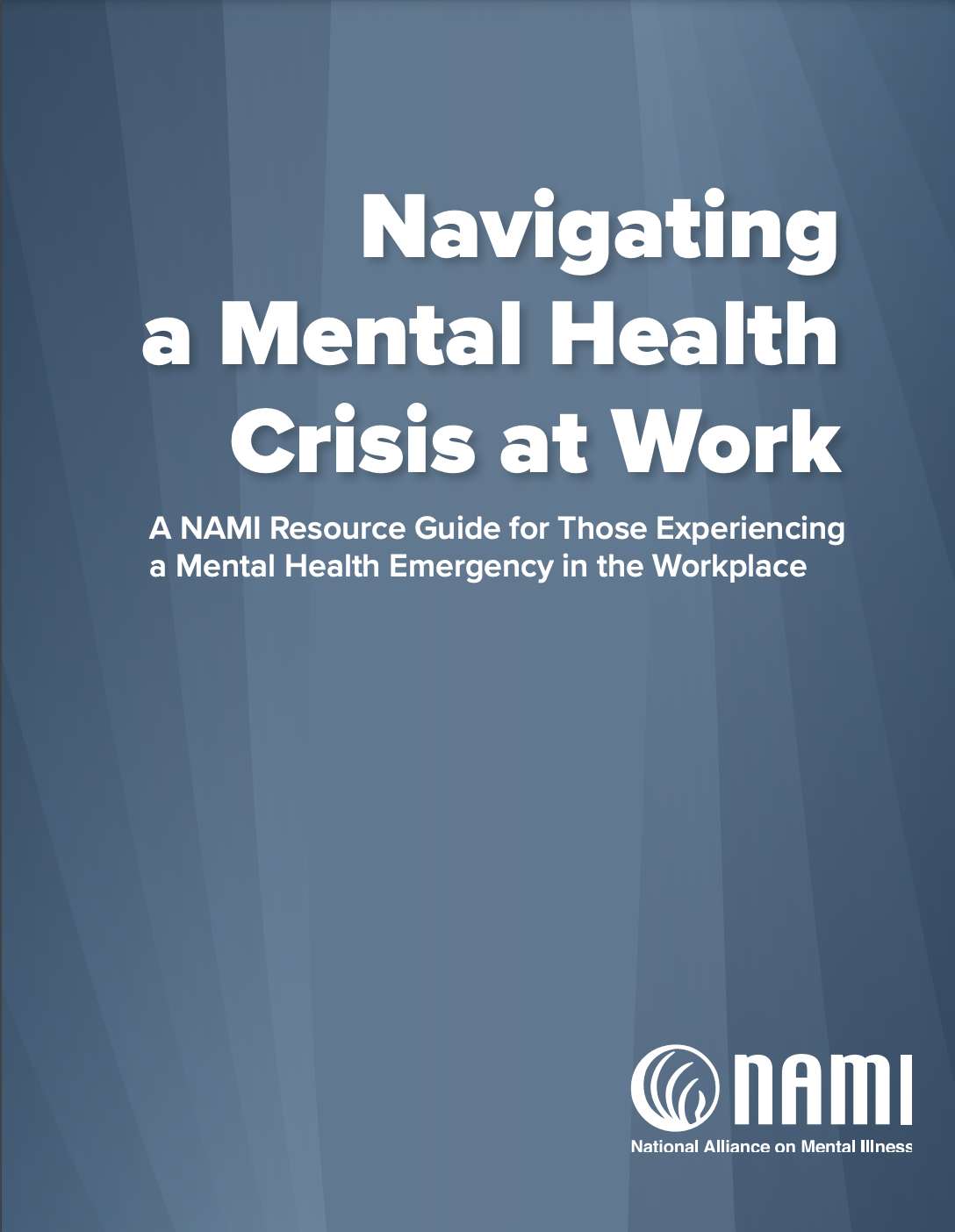Forming a good therapeutic alliance with your treatment team is one of the keys to a positive outcome with mental health care. Choosing the right mental health provider(s) can be like finding the right romantic relationship or friendship. Not every provider is going to be a good fit, and that’s okay.
Many mental health providers offer a free consultation so you can see if it feels like a good fit. If it is not offered to you, feel free to ask for it.
You can always switch to a new provider who you better connect with, no matter how long you have been working with a provider. Keep trying until you find a provider who makes you feel comfortable and motivated to reach your goals.
There are many types of mental health providers. Here are the most common types:
PROVIDING ASSESSMENT, THERAPY, AND TREATMENT PLANNING
- Psychologists: most often master’s or doctoral-level providers (PhD or PsyD). Trained to evaluate a person’s mental health using clinical interviews and diagnosing conditions through psychological evaluations and testing. Many provide specific kinds of therapy services and are allowed to prescribe medications in some states.
- Other Licensed Counselors: typically, master’s level clinicians trained to evaluate a person’s health and provide therapy based on their training. This includes Licensed Professional Counselors (LPCs), Licensed Mental Health Counselors (LMHC), and Licensed Marriage and Family Therapists (LMFTs).
- Licensed Alcohol and Drug Counselors (LADCs): trained to treat people with substance use disorders; education requirements vary by state.
- Social Workers & Licensed Clinical Social Workers: provide therapy, treatment planning, case management, inpatient discharge planning, and services to support healthy living.
- Pastoral Counselors: clergy members with training in clinical pastoral education and trained to diagnose conditions and provide counseling.
- Certified Peer Specialists: peer specialists with lived experience. Trained, certified and prepared to help a person set goals, develop strengths, and achieve recovery.
PROVIDING TREATMENT MOST OFTEN BY PRESCRIBING AND MONITORING MEDICATION
- Primary Care Providers: medical doctors and advanced practice nurses; may offer and can prescribe medication, most often addressing mild to moderate mental health conditions.
- Psychiatric Pharmacists: advanced-practice pharmacists who specialize in mental health care; may prescribe or recommend medications if allowed in their state and practice setting.
- Psychiatric Nurse Practitioners: provide assessment, diagnosis, and therapy for mental health conditions and/or substance use disorders.
- Physician Assistants: Performs pharmacologic treatment strategies, orders medications, monitors, and evaluates progress on psychiatric and other medications.
Resources from NAMI can help guide you on how to choose a Mental Health Professional and finding care that fits your cultural background. It may also be helpful to research types of treatments to learn more about therapy sessions.
MORE RESOURCES
From NAMI: Types of Mental Health Professionals
From NAMI: Finding a Mental Health Professional
From NAMI: Finding Mental Health Care that Fits Your Cultural Background
From the American Psychological Association: How to choose a psychologist
Check the NAMI HelpLine FAQ page for more information


